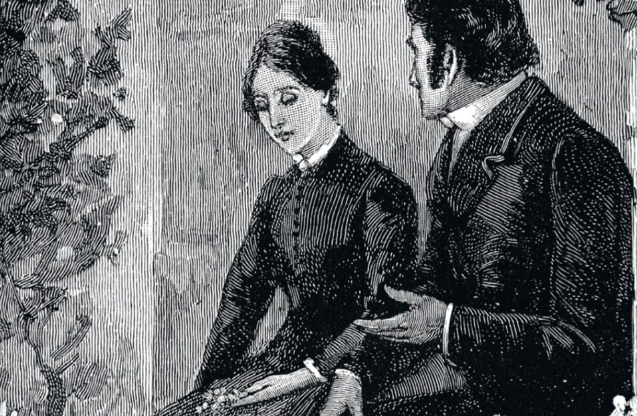Exploring Jane Eyre Through the Lens of Colonialism
The themes of colonialism and cultural imperialism may seem far removed from Charlotte Brontë’s classic novel, “Jane Eyre.” However, a closer examination reveals intertwined narratives that resonate with contemporary discussions about race, power, and identity. Understanding these connections can deepen our appreciation of Brontë’s work while also enhancing our awareness of historical contexts that shape literature.
The Representation of Race and Otherness
In “Jane Eyre,” the character of Bertha Mason, Mr. Rochester’s first wife, embodies notions of the “other.” Described as mad and exotic, Bertha’s portrayal reflects the Victorian era’s fascination with colonial subjects. Critics argue that Bertha symbolizes the complexities of imperialism, as she exists both within and outside of the English domestic sphere. Her character raises questions about mental health, autonomy, and the consequences of colonial exploitation, making her integral to the narrative while also prompting readers to consider the implications of racial and cultural identity.
The Influence of Colonialism on Gender Dynamics
Colonialism not only shapes racial identity but also impacts gender relations in “Jane Eyre.” The struggles faced by Jane, an orphaned girl striving for independence, parallel the challenges faced by women in a patriarchal society and by colonized nations under imperial rule. Just as Jane fights against the constraints imposed upon her, Bertha’s confinement symbolizes the stifling of women’s voices and identities, both in domestic settings and in colonial contexts. This duality underscores how colonial attitudes can influence gender dynamics, revealing layers of oppression faced by women of all backgrounds.
Cultural Critique and the Call for Social Justice
Brontë’s exploration of colonial themes also encourages readers to engage in cultural critique and consider social justice issues. The book invites reflections on moral responsibilities towards those marginalized within society, echoing the calls for equity in post-colonial discussions. By scrutinizing the injustices faced by characters like Bertha and Jane, readers can draw parallels to modern social movements, helping to foster a deeper understanding of how historical injustices resonate in contemporary settings. This perspective encourages readers to reflect on the legacies of colonialism and the ongoing quest for justice.
In conclusion, examining “Jane Eyre” through the lens of colonialism enriches our understanding of the text and its thematic concerns. By exploring the complexities of race, gender, and social justice, we gain valuable insights into both historical contexts and contemporary issues. Dive deeper into the themes of this classic novel and uncover how they speak to the world we live in today. Consider reading critical analyses or engaging in discussions that explore these connections further!
